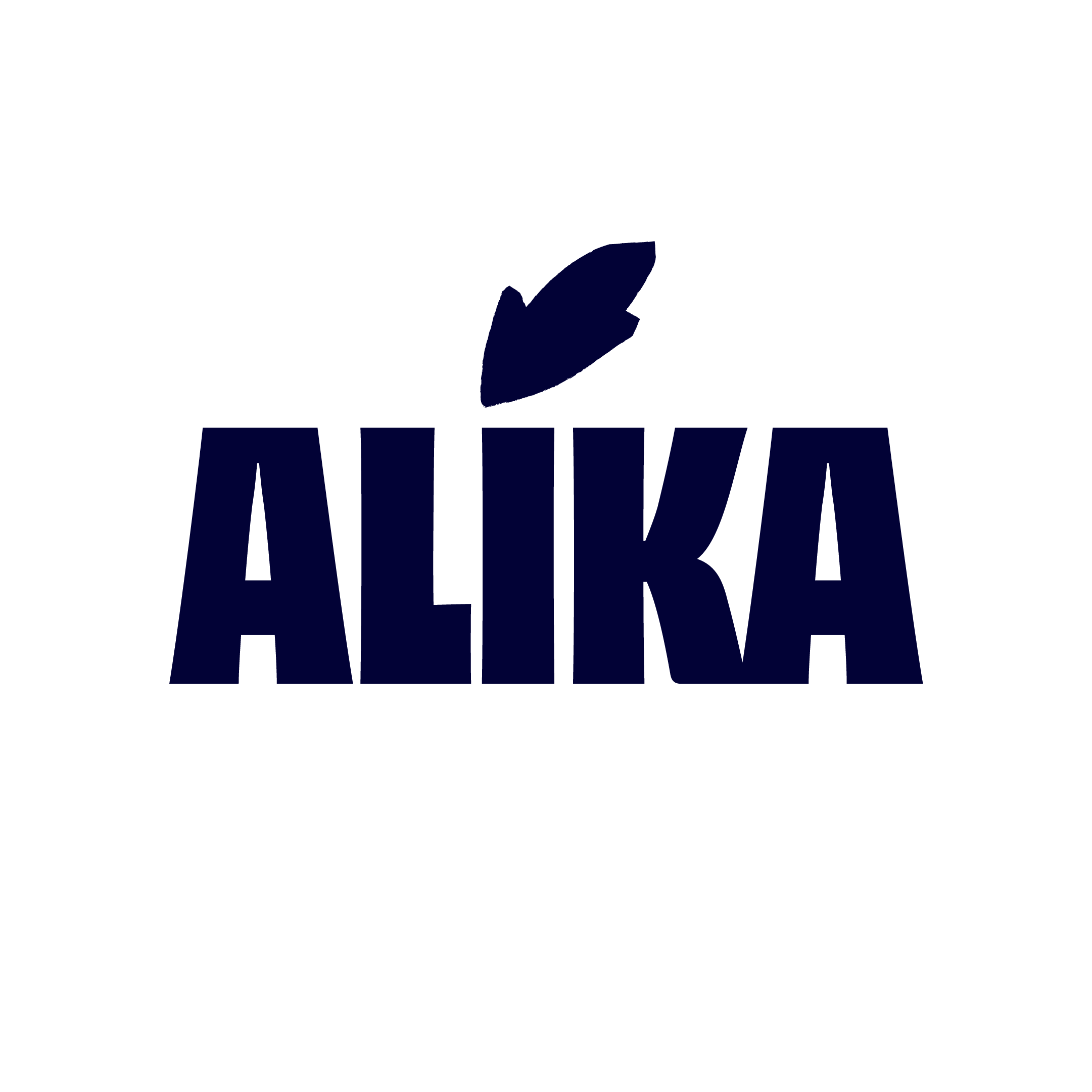As the number of older adults steadily increases worldwide, there is a need for a better understanding of this population and for structural strategies to promote healthier aging and prevent age-related problems as much as possible.
Aging is associated with a relative loss of muscle mass and ultimately a decline in muscle strength, called ‘sarcopenia’ as defined in 2018 by the EWGSOP (European Working Group on Sarcopenia in Older People). This decline in muscle function creates an increased risk of falls and fractures with all the negative consequences for independent living and self-care.
Muscle mass is the largest organ in our body. Muscle mass is balanced by muscle protein synthesis and muscle protein breakdown, with dietary intake, especially adequate protein consumption on a regular basis, being essential to stimulate protein synthesis to counteract age-related wasting (sarcopenia) and maintain muscle function.
Unlike fat and carbohydrates, proteins cannot be stored in the body in an inactive compound to serve as a reservoir, but the muscles themselves are the largest emergency reservoir. The protein intake through the diet as a source of amino acids must therefore be sufficient to prevent the net loss of contractile muscle proteins and to maintain the functions of our body.
There are numerous studies focusing on the optimal daily protein dose, protein quality and consumption pattern for different meals. As argued in recent opinion articles and consensus statements, a protein diet higher than the Recommended Daily Allowance (1.0-1.5 g/kg body weight/day) should be recommended to prevent or delay age-related muscle atrophy and neuromuscular decline.
All of the above is not only true for the healthier elderly, but even more so in the case of (chronic) illness, malnutrition, loss of appetite due to depression, dementia... all of which have a detrimental effect on muscle tissue. This creates the vicious circle of eating even less, losing more muscle mass, chewing less well...
Furthermore, the influence of chewing should not be underestimated. Several studies have shown a link between chewing problems and cognitive dysfunction with reduced memory function. An important element to support healthier aging is the consistency of food, i.e. food that needs to be chewed. With this in mind, for example, the High Protein pancake mix from Alika Nutrition was developed.
Since aging is associated with an increased risk of malignant tumors, special attention is called for the prevention of sarcopenia due to an underlying disease such as cancer. Sarcopenia is indeed an independent poor prognostic factor, regardless of the type of cancer, grade and stage, with a negative impact on survival, quality of life and even on the toxicity and effectiveness of oncological treatments.
In summary:
- The maintenance of skeletal muscle mass is of great importance in the aging process.
- In addition, it is also important to increase the daily intake of quality proteins. optimize .
- A correlation between chewing problems and cognitive dysfunction has been established in several studies.
- Alika Nutrition products provide protein-rich nutritious food that, in addition to stimulating protein synthesis, also encourages chewing, which may have cognitive benefits.

Share:
The importance of proteins
Pure bourbon vanilla powder from Madagascar (Vanilla Planifolia)